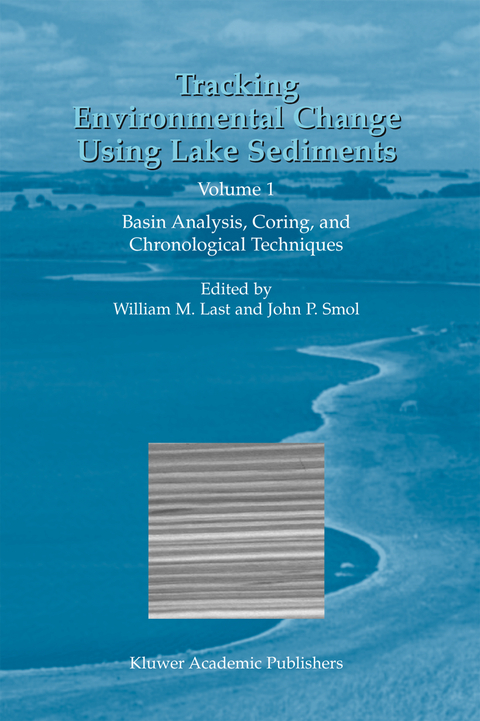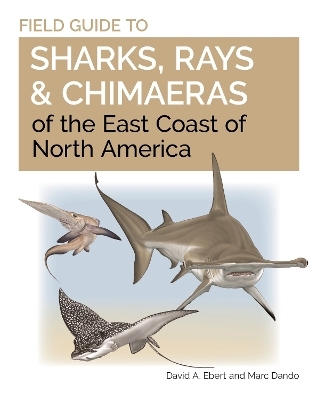
Tracking Environmental Change Using Lake Sediments
Springer (Verlag)
978-0-7923-6482-5 (ISBN)
Origins of fallout radionuclides Sediment records of fallout radionuclides Simple dating models Vertical mixing Numerical techniques Radiometric techniques Discussion Summary Acknowledgements References 10. chronostratigraphic techniques in paleolimnology. Svante Bjorck & Barbara Wohlfarth 205 Introduction Methods and problems Radiocarbon-dating different fractions of the sediment as a chronostratigraphic tool Dating of long (old) stratigraphies High resolution dating and wiggle matching dating versus absolute dating techniques of lacustrine sediments Concluding remarks Summary Useful www addresses Acknowledgements References 11. Varve chronology techniques. Scott Lamoureux 247 Introduction Methods Summary and future directions Acknowledgements References 12. Luminescence dating. Olav B. Lian & D. J. Huntley 261 Introduction The mechanism responsible for luminescence Dating and estimation of the paleodose Thermoluminescence dating Optical dating Evaluating the environmental dose rate xi Sample collection and preparation What types of depositional environments are suitable for luminescence dating? What can lead to an inaccurate optical age? Summary Acknowledgements References 13.
Electron spin resonance (ESR) dating in lacustrine environments. Bonnie A. B. Blackwell 283 Introduction Principles of ESR analysis Sample collection ESR analysis ESR microscopy and other new techniques Applications and datable materials in limnological settings Summary Acknowledgements References 14. Use of paleomagnetism in studies of lake sediments. John King & John Peck 371 Introduction Recording fidelity of geomagnetic behavior by sediments Field and laboratory methods Holocene SV records Magnetostratigraphic studies of Neogene lake sediments Excursions, short events and relative paleointensity Conclusions Summary References 15. Amino acid racemization (AAR) dating and analysis in lacustrine environments.
William M. Last is a professor in the Department of Geological Sciences at University of Manitoba (Canada) and is co-editor of the Journal of Paleolimnology. John P. Smol is a professor in the Biology Department at Queen's University (Canada), with a cross-appointment at the School of Environmental Studies. He co-directs the Paleoecological Environmental Assessment and Research Lab (PEARL). Professor Smol is co-editor of the Journal of Paleolimnology and holds the Canada Research Chair in Environmental Change.
An Introduction to Basin Analysis, Coring, and Chronological Techniques Used in Paleolimnology.- Basin Analysis Techniques.- Applications of Seismic Sequence Stratigraphy in Lacustrine Basins.- Ground-Penetrating Radar Applications in Paleolimnology.- Shoreline and Basin Configuration Techniques in Paleolimnology.- Core Acquisition, Archiving, and Logging Techniques.- Sediment Core Collection and Extrusion.- Coring and Drilling Equipment and Procedures for Recovery of Long Lacustrine Sequences.- Sediment Logging Techniques.- Logging of Magnetic Susceptibility.- Chronostratigraphic Techniques.- Chronostratigraphic Techniques in Recent Sediments.- 14C Chronostratigraphic Techniques in Paleolimnology.- Varve Chronology Techniques.- Luminescence Dating.- Electron Spin Resonance (ESR) Dating in Lacustrine Environments.- Use of Paleomagnetism in Studies of Lake Sediments.- Amino Acid Racemization (AAR) Dating and Analysis in Lacustrine Environments.- Tephrochronology.
| Erscheint lt. Verlag | 30.6.2002 |
|---|---|
| Reihe/Serie | Developments in Paleoenvironmental Research ; 1 |
| Zusatzinfo | XXIV, 548 p. |
| Verlagsort | Dordrecht |
| Sprache | englisch |
| Maße | 210 x 297 mm |
| Themenwelt | Naturwissenschaften ► Biologie ► Limnologie / Meeresbiologie |
| Naturwissenschaften ► Biologie ► Ökologie / Naturschutz | |
| Naturwissenschaften ► Chemie ► Organische Chemie | |
| Naturwissenschaften ► Chemie ► Physikalische Chemie | |
| Naturwissenschaften ► Geowissenschaften ► Geologie | |
| Naturwissenschaften ► Geowissenschaften ► Hydrologie / Ozeanografie | |
| ISBN-10 | 0-7923-6482-1 / 0792364821 |
| ISBN-13 | 978-0-7923-6482-5 / 9780792364825 |
| Zustand | Neuware |
| Haben Sie eine Frage zum Produkt? |
aus dem Bereich


